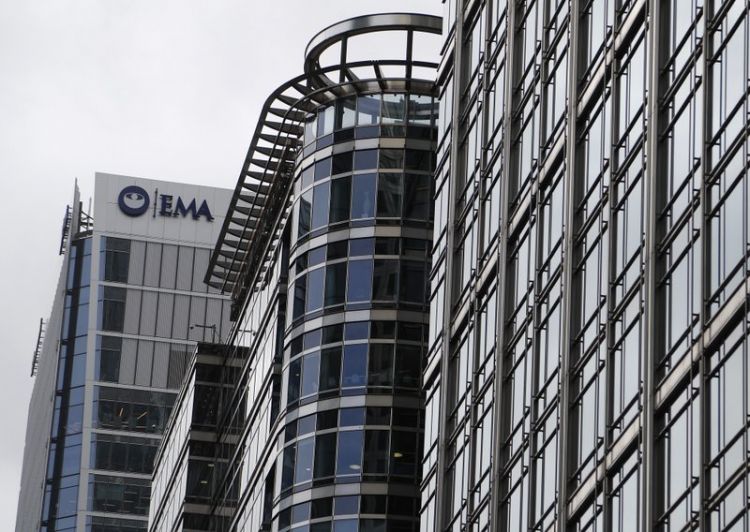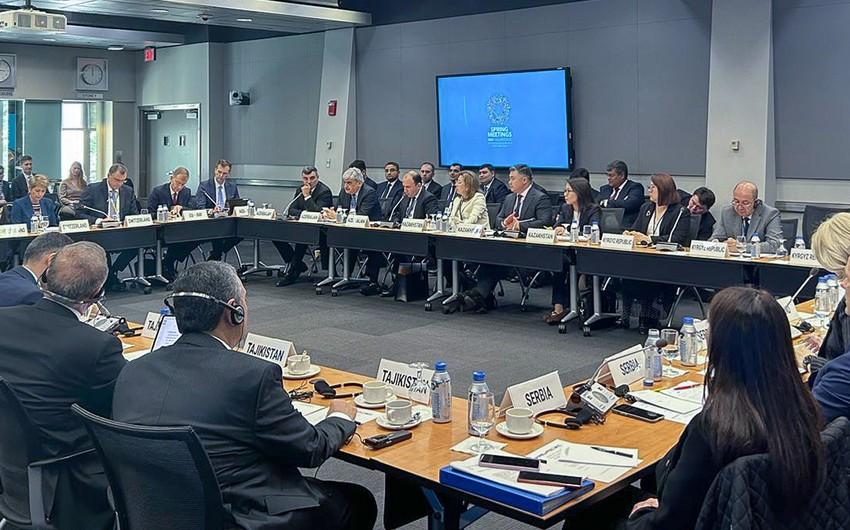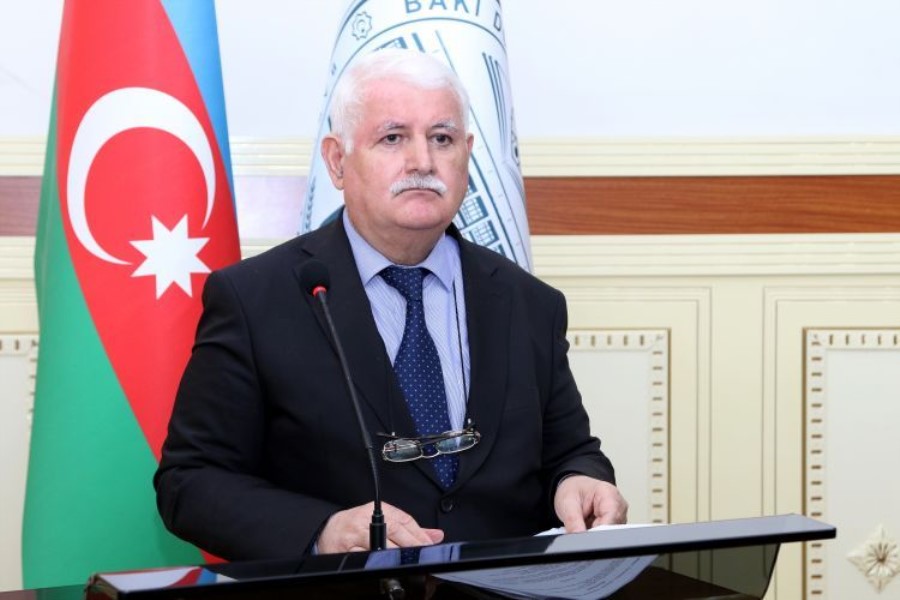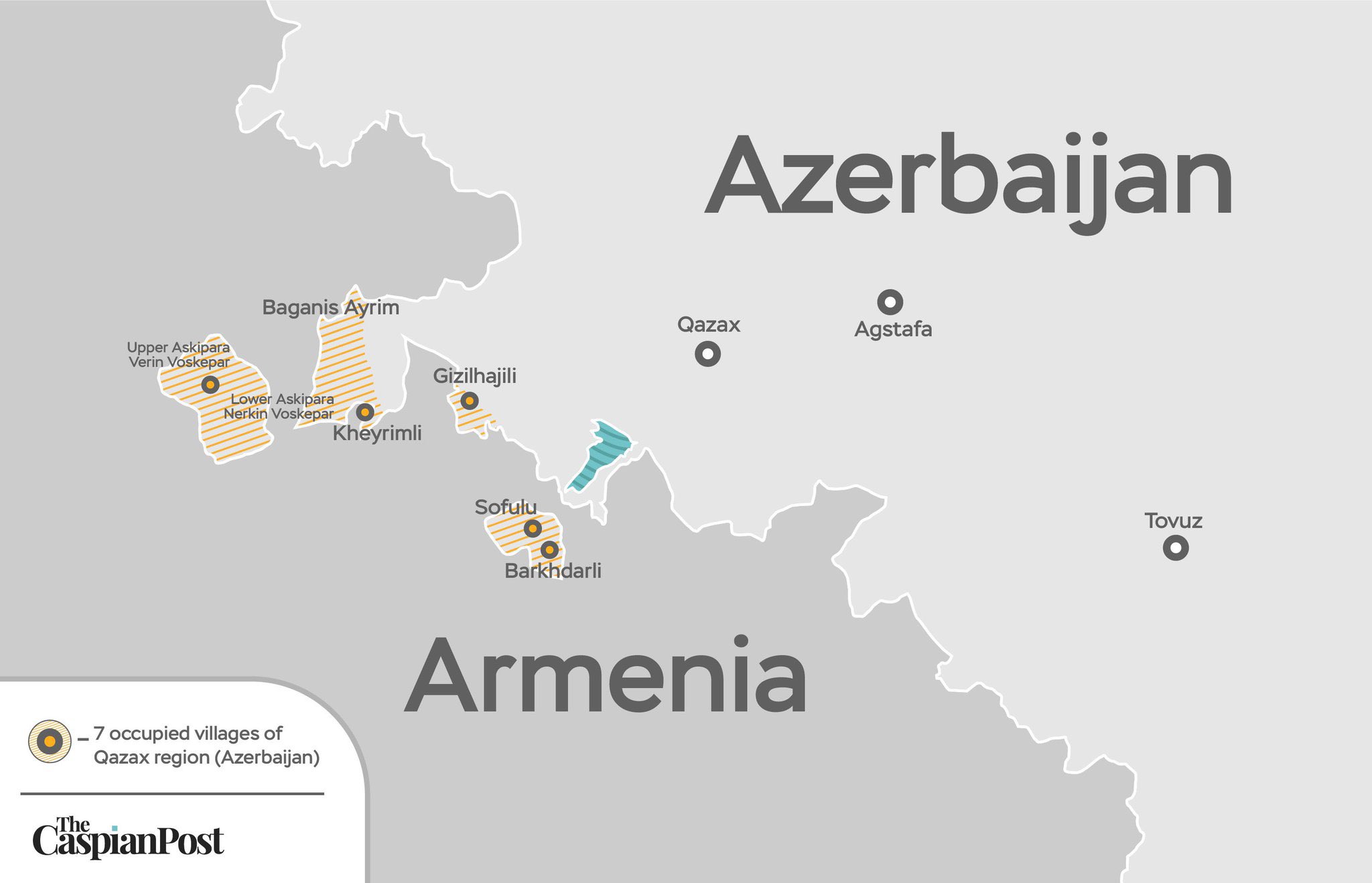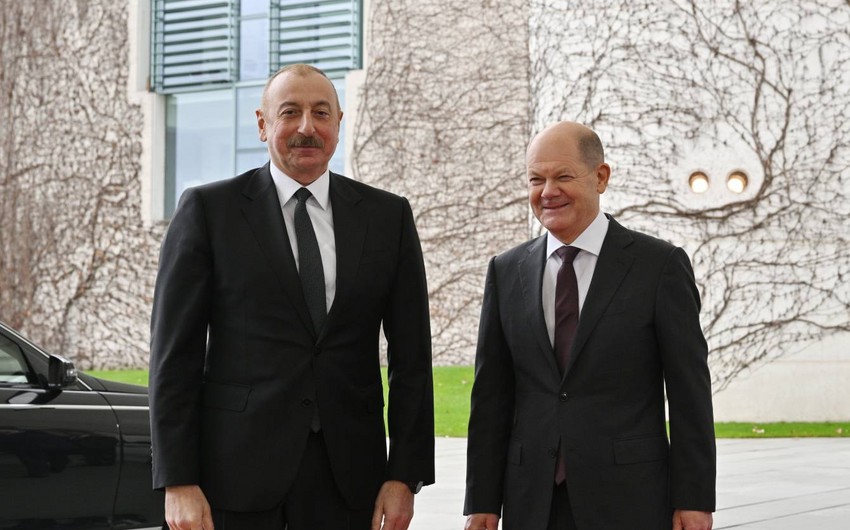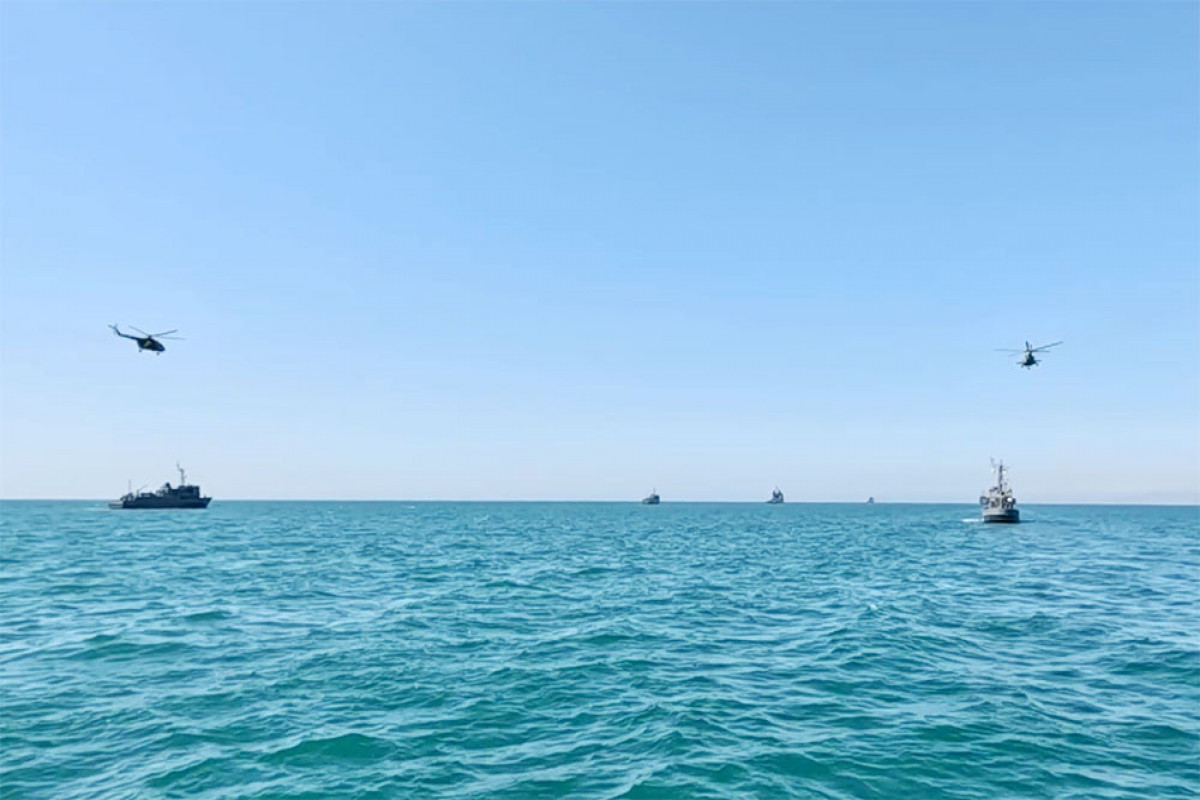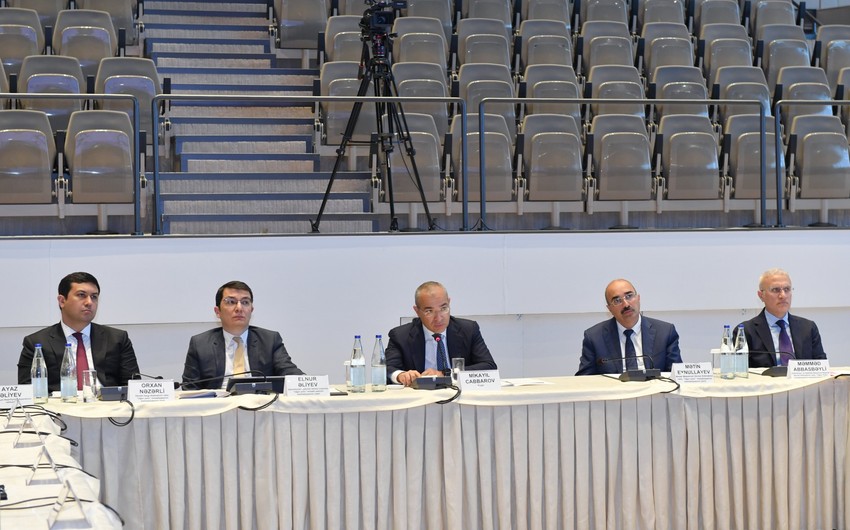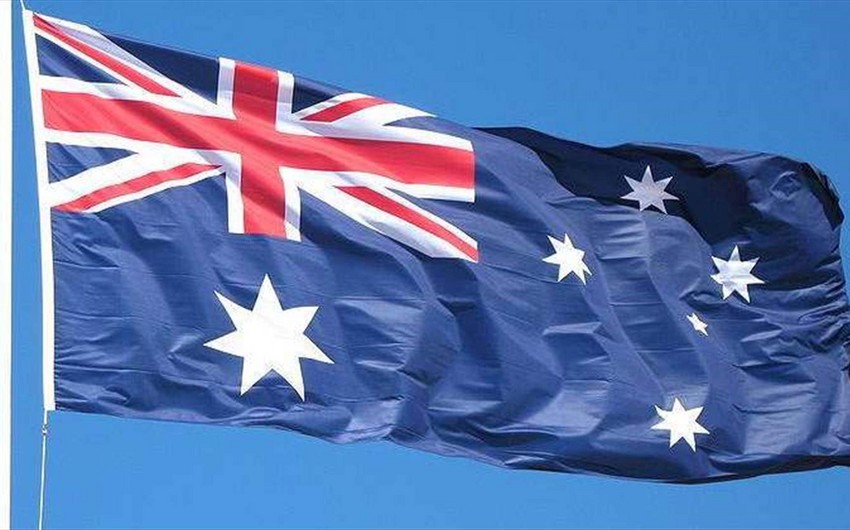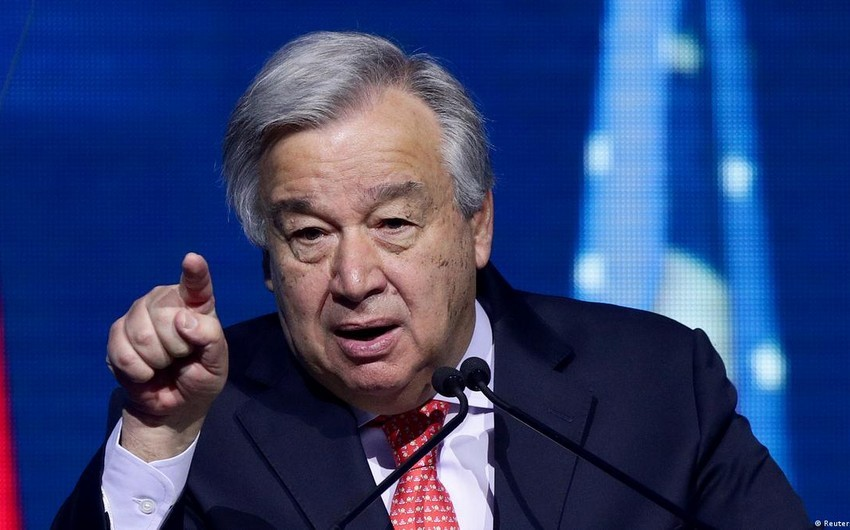Brexit is hurting London and it's time to recognise how vital the city is to Britain's wider economy, writes Heidi Alexander
The departure of the European Medicines Agency from its home in Canary Wharf to Amsterdam may sound like an odd place to start a post about the impact of Brexit on London’s transport system. But it’s not as strange as you might think.
At the end of January, this EU agency – which has been based in London for over two decades and employs nearly 1000 people – lowered the flags of its 28 EU member states, marking its goodbye to London. The significance of this moment should not be understated. Not only is this a major blow to the UK’s status as one of the world’s leading centres for biotechnology and pharma, but it also tells a sad story of what is happening right now in our capital.
EMA staff – scientists, doctors, researchers, administrators – are moving their families to the Netherlands. These are good, well-paid jobs which have enabled those who had them to enjoy great careers in our city, at the same time. These are people who will have been spending money in our shops and restaurants while using our public transport system to get about. So, too, will they have contributed to the exchange of ideas and cultures which makes London the place that it is.
The mere presence of the EMA in London has in recent times generated 42,000 hotel bookings a year, bringing in thousands of visitors – people attending conferences, seminars and meetings, who will have used the DLR or Jubilee Line to get to Canary Wharf, spent money at the independent kiosks on tube platforms, and gone back to hotels in other parts of the city.
No matter what happens with the Brexit votes in the Commons in the next few weeks and months, London is losing the economic activity generated by the EMA. And London’s public transport system is losing the fare revenue linked to that.
If it was just the departure of the EMA that would be bad enough, but of course it isn’t. We have already seen the damage done since the referendum result. For 1.3m low-income Londoners, a weakened pound has led to food and energy price hikes and exacerbated an already challenging cost of living. For businesses in London and across the country, uncertainty has hit investment and productivity. Economic growth is below where it would otherwise have been. The Bank of England’s analysis for the Treasury Select Committee in November 2018 noted that since “mid-2016 business investment has fallen relative to that in other developed economies and in 2018 Q3 was around 15% below the Bank’s pre-referendum central forecast”. The real tragedy of the last 18 months is that the government has wasted time pursuing Brexit unicorns – at the expense of focussing on the NHS, social care, education and policing. This deal would be a bad deal for Britain, and a betrayal of the promises made throughout the negotiations.
Macro-economic uncertainty equals lower public transport use. It’s an obvious statement, but public transport usage doesn’t exist in a vacuum – if people are worried about the pound in their pocket, they go out less and make fewer discretionary journeys in the evenings and weekends. Along with changing lifestyles, and one-off events which depress demand, this is precisely the phenomenon that has been seen in London in recent years. Tube ridership has flatlined, with the usage of the DLR, buses and rail down 1.5% on 2 years ago. This may sound unremarkable, but when you consider that between 2013 and 2015 passenger numbers in London rose by 5%, the impacts of a stagnant economy are already being seen on London’s transport network. We know people aren’t coming to London in the same numbers as they were – and if there are fewer working-age people choosing to make London their home, fewer young people coming here at the start of their careers (be they from other parts of the UK or other parts of the EU), this impacts negatively upon our city’s strength and vitality.
In the space of two years, Transport for London’s projections of fare revenue over a five-year period has fallen by £2bn. For an organisation that has also been dealing with the withdrawal of an annual government subsidy worth an average of £700m in recent years, this is a bitter pill to swallow.
This squeeze on TfL’s finances is not of its own making, but it has to deal with the consequences. And unless the government wakes up to two basic realities – the importance of investing in London’s transport infrastructure and how critical London’s service sector is to our national prosperity – it won’t just be Londoners who feel the impact, it will be the country as a whole.
To take a specific example, TfL has historically financed its large investment programme with borrowing, nearly a third of which has come from the European Investment Bank (EIB).
The Bank is an effective way to borrow because it offers lower interest rates and fixes those rates and start dates for loans in advance. With Crossrail, rates were fixed up to five years before drawing down the borrowing. This makes it a reliable and predictable way to manage the cost of borrowing and ensures Londoners get the best value from the investment.
Deal or no deal, TfL doesn’t expect to be able to take any new borrowing from the EIB after Brexit. Not only would this increase borrowing costs, reducing the total amount of money available for investing in the city’s transport network, it would also hamper the flexibility and predictability of its financing. Despite repeated assurances from the government, there has been no confirmation of an equivalent borrowing facility for public bodies that will match the EIB’s offer. It risks future investment such as the Bakerloo Line extension.
The problems don’t end there though. Falls in the value of the pound and new tariffs would also increase some of TfL’s costs. A no-deal Brexit and World Trade Organisation (WTO) tariffs would not just affect costs with EU countries but would also increase barriers to trade with the many third countries with which the EU, but not the UK, have trade agreements. This may also impair TfL’s ability to generate revenue overseas, such as the sale of our Oyster technology.
Just like the NHS or police, TfL relies on thousands of dedicated employees to run, construct and maintain London’s transport network. And just as developers and infrastructure companies rely on the contribution of citizens from the EU to help build our city, TfL relies upon them to help keep it running smoothly.
The national debate about Brexit in the last three years has focussed on the regions of the UK. TV bulletins are broadcast from the areas that voted for Leave. The needs of manufacturing industries, agriculture and fisheries have got top billing in discussions about customs partnerships, customs unions and the like. No one is saying these areas aren’t important, but if we fail to understand the impact in our capital city and the importance of the single market, we will be doing the country a massive disservice. Transport is just one area in which the effects of a bad Brexit and the government’s woeful negotiating stance are being felt in London. The sooner Whitehall and Westminster start engaging with reality as opposed to fantasy, the better our country will be for it.

